31 Jan 2023
Events can help your group to raise awareness of your campaign, find local partners to get involved and build local support. They may also be useful moments to engage decision makers by inviting them along.
Events can range from film screenings and panel events to warm spaces and meal sharing. Here are some suggestions of what to consider when deciding what event to put on and who to invite:
- Budget and access to space
- What your group is passionate about and interested in doing
- The other organisations and groups you’ve partnered with and what’s relevant to them
- The local context and if certain event types are more relevant
- Where you are in your campaign journey, for example whether you’re still focusing on raising awareness or are ready to engage local decision makers.
Below are some suggestions of the types of events you might consider.
Culture events
- Craft workshops and exhibitions. Get creative by holding a craftivism (crafting + activism) event. Craftivism brings the community together to create something eye-catching and heartfelt that'll grab politicians' attention. Our postcard activity is perfect for this. Invite people to draw their home on the postcard and share a message about why they want warm homes for all. This activity works well on a stall or at a coffee morning. You could even hold an exhibition to display all of your postcards to the local community and invite decision makers. See our craftivism guide for more ideas.
- Film screenings. These can be a good conversation starter and get people thinking more deeply about the issue. Friends of the Earth has a playlist of short videos on the energy crisis you can share. You could also feature this short cost-of-living documentary by Greenpeace or this short film from the "Homes for Us" campaign about the health impact of cold, mouldy homes, all of which enable us to hear perspectives from other people in our communities who are impacted in specific ways. Following a film with a panel discussion or campaign action can combine two activities.
Dance, music, theatre or other cultural activities may also work well – if there’s a local group that works on the arts, there might be opportunities to partner with it and reach new audiences.
Sharing food
Sharing food can be a good way to bring people together. When we talk about the energy and cost-of-living crises, we often hear about people struggling to put food on the table – so by providing food and hot drinks as part of our events, we can show up for our communities’ needs. Not only can this make the event more accessible and give us more energy to focus and get creative, but sharing food is also an opportunity to show care for one another and connect while eating together.
Events centred around food could include:
- Coffee and cake catch-up
- Soup afternoon
- Preparing and sharing a meal together
- A bring-and-share lunch.
Support through the energy crisis
The United for Warm Homes campaign involves building partnerships with groups on the frontline of the energy and cost-of-living crises like food banks and community centres. Your group may want to work together with partners to organise events that serve the community’s needs at the same time as bringing people together to campaign. This might mean organising:
- Warm spaces – find a local space such as a town hall, café or library that can regularly host people in a warm environment. Use the opportunity of coming together to socialise, build connections, plan your campaign and support each other.
- Energy crisis surgeries – work with organisations or groups you’ve partnered with that directly support those most impacted by the crisis to host an event to share information about the energy crisis, how to reduce our bills and where to get support for those struggling to pay them.
- Solidarity or fundraising events – see our guide on standing with community partners for inspiration.
Organising this event alongside an established partner organisation or group will enable you to deepen the relationship and increase the reach and impact of your event. It may also be a good opportunity for your group to make new connections. Approaching frontline groups with a clear offer of support and the idea of organising an event together could be a great starting point. Remember to be flexible in planning the event and to listen to the other group's needs and expertise in the area.
For example, as part of the United for Warm Homes campaign in Tideswell, local campaigners have set up a space in their village where people can come to keep warm. They hope this’ll also be a space for local people to plan their campaign together in the future. This really shows how, by standing in solidarity, we can provide support and build a stronger campaign together.
Other events
There are plenty of other events your group could run – get as creative as you like:
- Community celebrations and seasonal events
- Panel discussions
- Warm clothes swaps.
You can also use events that are already planned and add in a United for Warm Homes focus.
Promoting events
Once you’ve planned your event, make sure to promote it to get as many people along as possible:
- Share the event on social media
- Put up posters and hand out flyers
- Send it to your mailing list
- Contact your local media and ask them to promote the event in the local paper or on radio stations.
Centring inclusion and accessibility
Have a look at our values and policies to ensure your event is safe and welcoming for all attendees. These include guidance on safeguarding, risk assessments and insurance that'll help you plan your event.
It’s important to take the time to make sure your event is as inclusive and accessible as possible. That means considering things such as:
- Accessibility of venues
- Location and public transport access
- Event timing
- Dietary needs.
Take a look at our guidance on running a kick-off event for more detailed information about planning an inclusive event.
Don’t forget to get in touch if you’re organising an event to find out how we can support you to plan, promote and run the event. And once it's taken place, we'd love to hear how your event went so that we can celebrate what your group is doing.
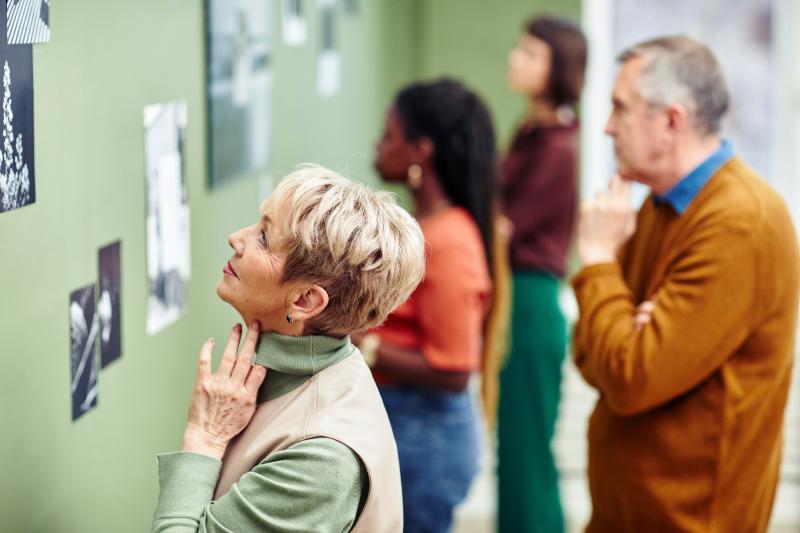
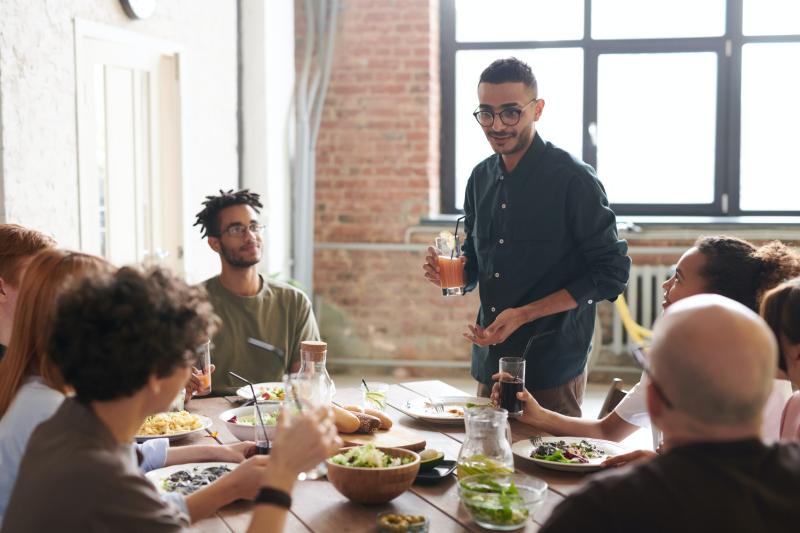
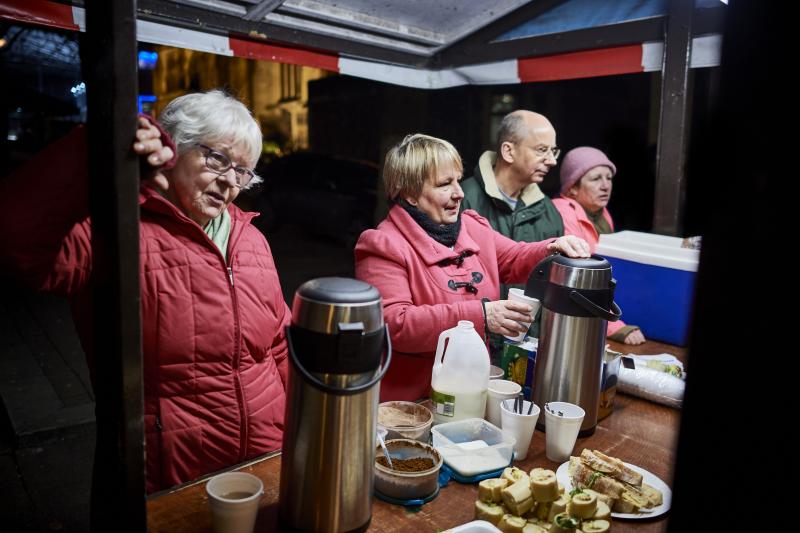
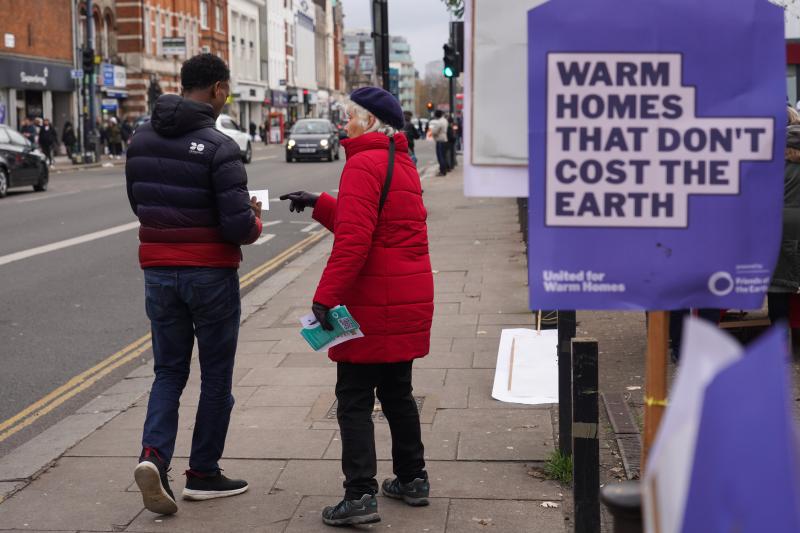
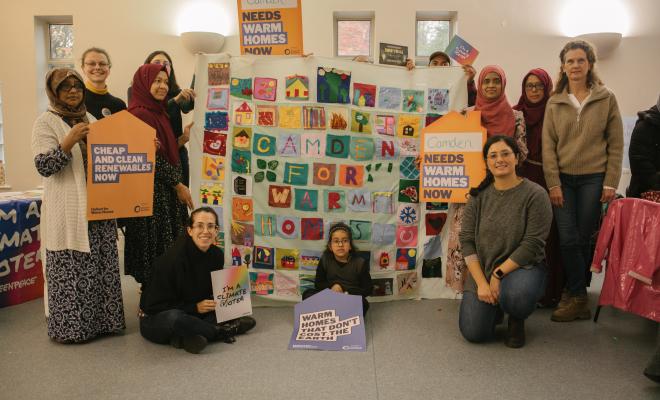
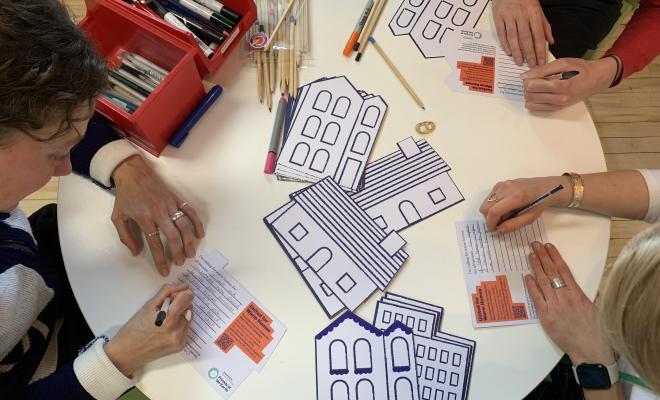
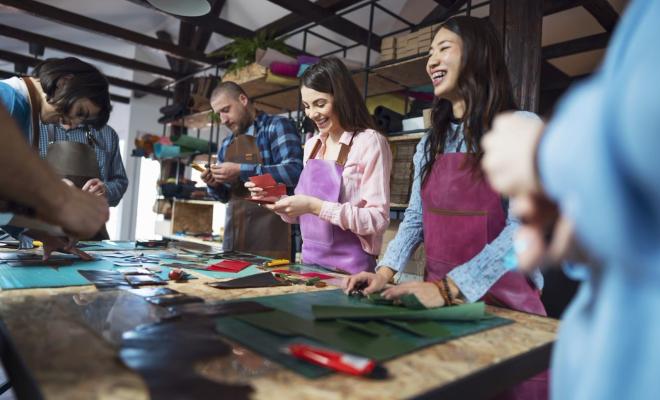
![[null]](/sites/default/files/styles/teaser_wide/public/2022-09/Warm%20Homes_Web%20banner.jpg?itok=wn3BStK5)